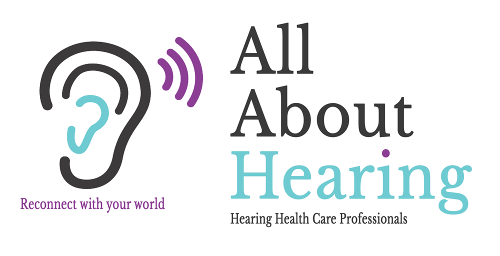80% of three year old children will suffer from middle ear infection or glue ear in Australia. Ear problems like earaches and glue ear are common in children. Ear problems may affect the outer ear, middle, ear or inner ear.
Excess Wax
The skin of the outer ear (the ear canal) produces wax that helps protect the ear. This wax usually comes out by itself and only your child’s outside ear should be cleaned. It can be cleaned with a damp washer. Do not use cotton buds – they can damage the ear and push the wax in further. Occasionally, excess wax collects in the outer ear and may need to be removed. Check with your family doctor who can prescribe drops.
Infection
Sometimes infection in the outer ear occurs, it may occur after swimming. There is usually tenderness, itch or discharge from the ear. This needs to be treated by your family doctor who will examine the ear conal and prescribe ear drops. If the infection does not respond to treatment, referral to an Ear, Nose and Throat Surgeon or Paediatrician would be needed.
Objects
Your child may poke something into the ear, such as a bead. Do not try to remove this yourself. Your family doctor may be able to remove it or suggest referral to an Ear, Nose and Throat Surgeon.
Middle Ear Problems
The middle ear is the small space behind the eardrum. It is filled with air and contains three tiny bones. The middle ear drains into the back of the nose by the Eustachian tube. This tube opens briefly when we swallow or yawn and air is then let into the middle ear.
Middle Ear Infection
This usually occurs when your child has a cold. If the Eustachian tube opening is blocked, organisms (germs) can build up in the middle ear as they cannot drain out of the middle ear. As well, air cannot reach the middle ear. Your child may have an earache, fever or reduced hearing. Your child should be taken to the family doctor who may consider prescribing antibiotics and pain relief if necessary.
Some children are at a higher risk of middle ear infections, particularly those who have an allergic nose (allergic rhinitis / hay fever / “sinus”), those with smokers at home, those with cleft palate or those with Downs syndrome.
Glue Ear
When middle ear inflammation occurs, the lining of the middle ear secretes more fluid. This may be thin or thick, like ‘glue’. If the fluid does not go away within 3 months this is called ‘glue ear’. Your child hears poorly through this fluid and may have difficulty hearing (and need the TV up louder or seem to ignore you), be irritable or occasionally even can be off-balance. Your child will need to see your family doctor. A hearing test is also recommended to help diagnose and difficulty in hearing.
However, if your child continues to have good hearing and speech, your family doctor may check your child over many weeks to see that the fluid disappears naturally. If the middle ear fluid does not disappear by 3 months or if your child has hearing loss or speech problems, they may be referred to a Paediatrician or an Ear, Nose and Throat Surgeon for treatment.
Children should not be left for long periods with untreated glue ear. Hearing loss can effect your child’s speech development, understanding of language, reading or spelling. It is advisable that your child has a hearing test before and after treatment.
How To Keep Ears Dry
Children being treated by the insertion of grommets (tubes) are advised to keep water out of the ears (particularly bath water, swimming pol, and river water).
To keep water out of the ears use ear plugs, Blu-Tac or cotton wool coated with Vaseline. An extra layer of protection, such as swimming cap or Ear Wrap to cover the ear plugs may be helpful. Once grommets have fallen out, there is no need to keep water out of the ears.
Inner Ear Hearing Loss
Hearing loss can also be caused by problems on the inner ear. In patients with inner ear hearing loss (sensorineural hearing loss), the outer and middle ear are usually normal.
Some children develop hearing loss after birth, even if they have passed the newborn hearing screen at birth. If you think your child at any age is not hearing or listening seek medical advice. Parents are good observers and are often very accurate when they suspect hearing loss in their babies or young children.
Source: http://www.schn.health.nsw.gov.au/parents-and-carers/fact-sheets/ear-problems-in-children
Disclaimer: This fact sheet is for education purposes only. Please consult with your doctor or other health professional to make sure this information is right for your child.

